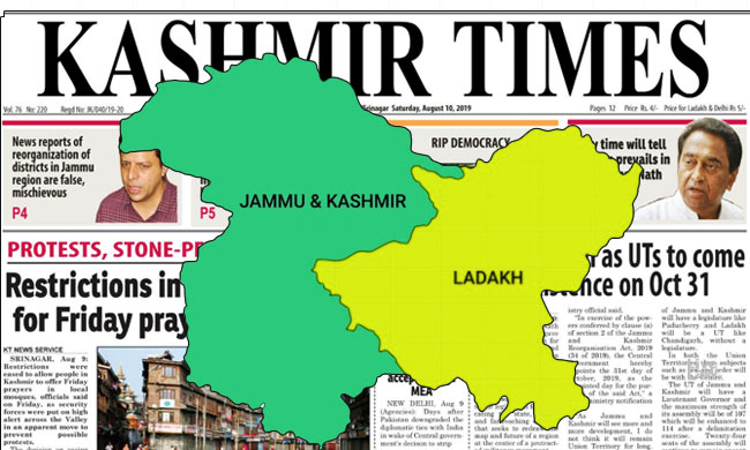The Foundation for Media Professionals (FMP) has moved an intervention application before the Supreme Court of India in support of the petition filed by Anuradha Bhasin, Executive Editor of the newspaper daily, Kashmir Times. In her petition, Ms. Bhasin had challenged the shutdown of communication services and curbs on media freedom that were imposed in Kashmir in the wake of...

